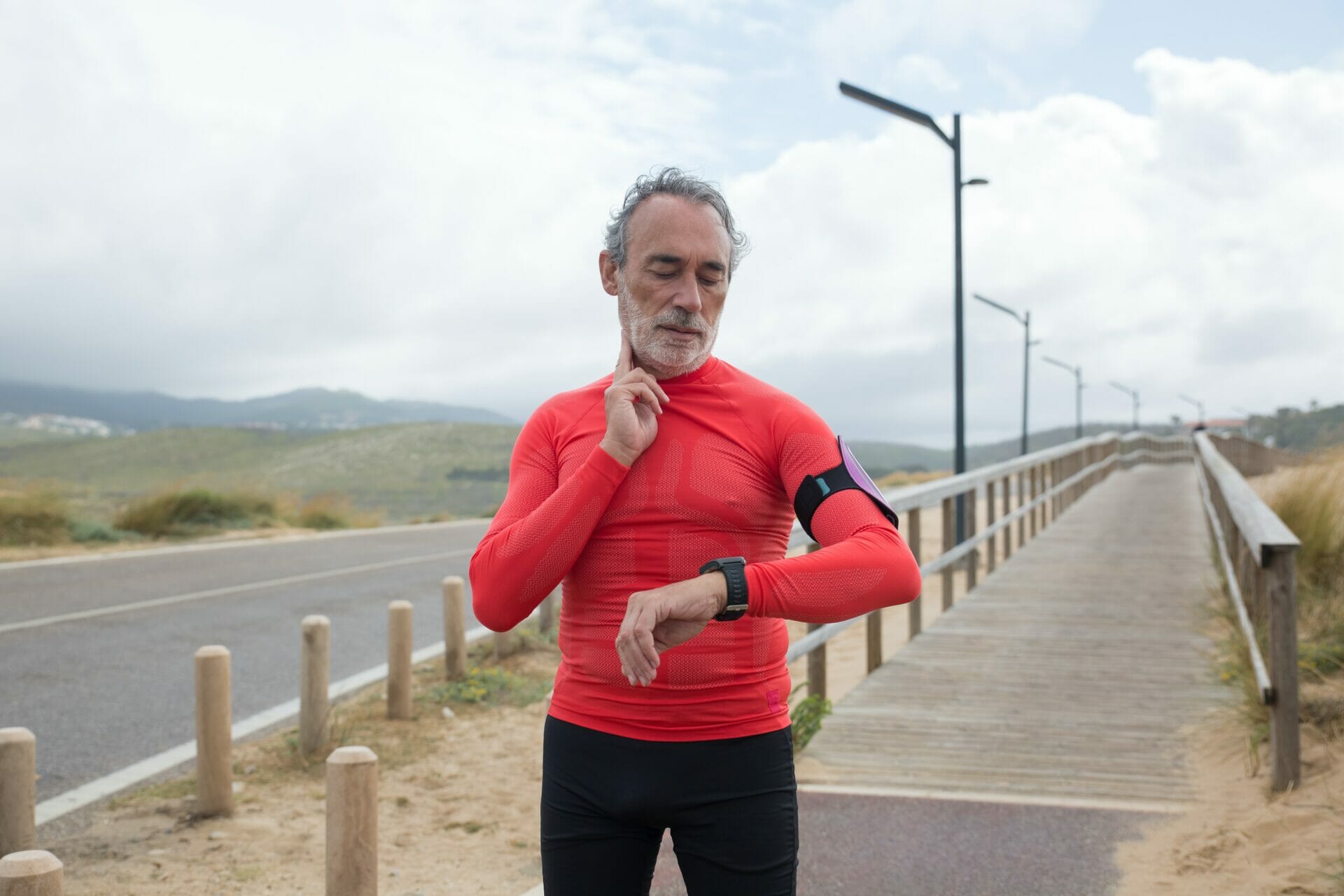If you’ve struggled with your weight, chances are you’ve tried a little of everything from low carb and high fat to intensive cardio and counting calories by now. While these strategies might deliver short-term impact, their rigidity is not sustainable and often unhealthy. So, what’s the answer? Introducing….mindfulness.
Mindfulness is the practice of bringing focused awareness of what you’re doing, sensing, and feeling in the present moment. By being fully present and aware of what we’re doing in real time, we can reduce stress and overwhelm, putting us in tune with our body’s cues – which, when paired with eating, can really change the game. As Heidi Godman, Executive Editor of Harvard Health Letter, writes: “By being mindful at meals, you’ll slow the eating process, pay more attention to your body’s hunger and fullness cues, and perhaps avoid overeating.”
Let’s dive into how you can use mindfulness techniques to dial into your body’s natural hunger, cravings, and cues to eat more intuitively.
Breathwork Appetizer
Breathwork has a fantastic ability to lower cortisol levels and blood pressure, bringing your mind and body back into harmony to make better choices when it comes to mealtime. Try taking just 1-2 minutes before eating to practice equal ratio breathing or “box breath” to calm the nervous system.
- Start with one or two big cleansing breaths – inhale through your nose, filling your belly, then your rib cage, and lastly, your chest, hold at the top and exhale from your mouth.
- Next, practice your equal ratio breathing in and out of your nose only; the mouth stays closed. Inhale for a count of five, hold at the top for a count of five, exhale through your nose for a count of five, hold at the bottom for a count of five, and start again. Repeat 2-3 times. You can close your eyes, visualize each inhale, and each hold as a line creating a box – up, across, down, and across.
When the body is in a parasympathetic state, it stimulates the release of saliva and stomach enzymes for optimal digestion.
Volume Control
Turn off the music, podcast, and TV and enjoy your meal surrounded by the sounds of your environment. You immediately dial into the present moment by noticing the hum of the refrigerator, the drip of the faucet, and the buzz of the airplane passing by. Lower the volume around you, and chances are you’ll lower the volume of food you consume too!
There’s an App for That
Use your smartphone to support healthier eating habits.
- Calm – the Calm app is a great, easy-to-use app to quickly pull up a short meditation for calming white noise to help you ground down and eat more intentionally.
- Noom – Noom is the first “diet app” of its kind, rooted in behavioral science to help people build sustainable habits that last a lifetime.
- Fooducate – this is an excellent resource for learning more about nutrition and for, tracking meals, and discovering new recipes.
Take a Seat
It seems simple, but chances are you’re eating some of your meals hovered over a countertop or even in your car. Challenge yourself to be seated for every single bite and see how you feel. The pause and pivot to find a seat will likely lead to you eating more slowly, allowing your body’s satiation signals to be heard and not rushed through.
Intuitive Eating
This seems, well, intuitive – but the reality is we’ve been wading through diet culture for decades, and we’re all a bit brainwashed. Intuitive eating is rooted in mindfulness – it’s all about following your body’s physical hunger with zero judgment, guilt, or shame. That might mean honoring your body’s call for steak one week and plant-based the next – or indulging in dessert midday.
Walk it Off
Research shows that just a 10-minute walk after mealtime helps your body stabilize blood sugar. Our body converts food into glucose when we eat, which surges in the bloodstream after a meal. Walking after a meal allows the muscles to use that glucose as energy, pulling it out of the bloodstream.
Diet culture is overwhelming, complicated, and dangerous. Now is the perfect time to tune out the noise and tune into our bodies. Mindfulness is a strategy we all have access to that can change our relationship with food and help reconnect our minds and bodies for overall wellness.





Responses